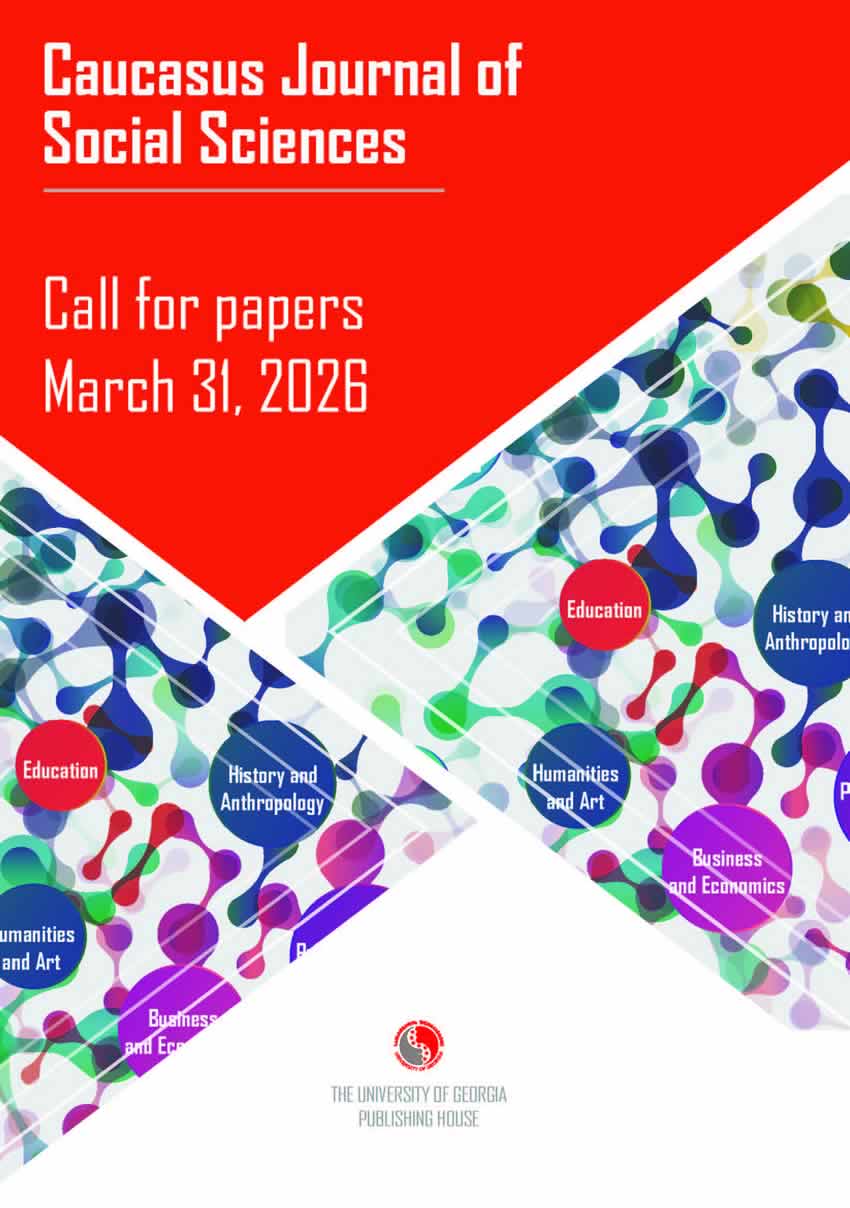Role of Tshwane Metropolitan Police in The Prevention and Control of Xenophobia-Related Crimes
DOI:
https://doi.org/10.62343/cjss.2016.160Keywords:
Xenophobic Violence, Metropolitan Police, Tshwane, South AfricaAbstract
The purpose of the study is to analyze the role of Tshwane Metropolitan Police in prevention and control of xenophobic related crimes in Tshwane. Based on a simple random sampling approach, a structured questionnaire was used to collect primary data from the sample of forty-five respondents who have once been involved in xenophobia in South Africa. Results derived from partici-pants’ responses were presented and reported based on frequencies. For both the primary dimensions and the overall sample, the Keiser-Meyer Olkin values indicate that the instrument items were structurally valid. Based on the frequencies, data analysis was conducted on the historical roots of xenophobia, methods and techniques for combating xenophobic attacks, effectiveness of Metro Police in preventing xenophobia as well as challenges and limitations of the Metropolitan Police. Results from the study indicate that the majority of respondents perceived that culture proved to be part of the historic roots xenophobic violence in South Africa and methods and techniques used to combat xenophobia were indeed not effective; hence the Tshwane Metropolitan Police face limitations in combating violence.
Downloads
Published
How to Cite
Issue
Section
License
Copyright (c) 2023 Matheogela J. Khumalo, Emeka E Obioha

This work is licensed under a Creative Commons Attribution 4.0 International License.
In case an article is accepted for publication it is allowed to combine the article with other research, to conduct new research on the article, or to make different arrangements on condition that the same license is used including commercial purposes.
As an author of an article published in the Caucasus Journal of Social Sciences, you retain the copyright of your article and you are free to reproduce and disseminate your work.











